(Me) – “What is it?“
(Students) – (silence)
(Me) – “Do you know what is it?“
(Students) – (silence)
A very familiar situation, isn’t it? Regardless of the situation, whether it’s a language school classroom or our day-to-day life, not getting an answer to your question is upsetting, annoying and, truth be told, sometimes infuriating. Especially in a teacher-centered classroom not receiving an answer can be seen as straight up disrespectful and rude, or worse – as a sign that your students are absolutely clueless.
Or are they? That’s what I noticed when I joined MY. Sometimes, after presenting a new topic I realised that instead of a wave of different responses and answers I got only silence. And, as human beings, we hate when silence falls upon us. Have you ever been on a date that suddenly went silent and you wished that you were anywhere but there? At first, that’s exactly how I felt. Thinking that this grammar target is the easiest in the world I hadn’t been prepared for my students’ silence. Upon encountering this, our first instinct is to avoid the situation – scrap the activity, move on to something else, hoping that the second attempt later in the class would me more successful.
However, after several months at MY I noticed that sometimes I used to get a different kind of silence. Not the desperate, students trying to avoid looking in your eye’s kind of silence (“not Slytherin!”). No, there was something special. This was a curious, hungry silence of someone who knew exactly what was going on, but wasn’t sure how to express their feelings.
Allow me to give you an example.
In one of my elementary school 2nd grade classes we started to study occupations, and the first question we were supposed to learn is “What do you do?”. Excited, I sat down with my students and “accidentally” asked them “What do you do?”. Being MY’s loyal students, my kids immediately asked me “What do you do, Alina?”, to which I proudly announced “I’m a teacher! “.
And then silence fell upon us.
Concerned, at first, I felt that maybe they didn’t understand the question, and maybe I should either make myself clearer or do another activity, allowing them to think over this new mysterious grammar point. But a few second later I saw that students, instead of avoiding my eyes, were actively looking for answers by looking at me and at each other curiously. That second a very simple truth for an experienced teacher suddenly hit me.
What if they don’t know how to say “student” in English?
What I did was I gave them several examples. Smiling mischievously, I asked my students
(Me)- “What’s “hon” in English?“
(Students)- “It’s book”.
(Me) – “Hm, I see. What’s baggu in English?”
(Students) – “It’s bag.”
(Me)-” Hm, I see. What’s….“
(Students)- “ALINA WHAT’S GAKUSEI IN ENGLISH??”
And at that moment I felt badass like never before. And, because this knowledge was obtained through a hard thinking process where students were allowed to think things through, and got the answer only after asking other follow-up questions, I realised several months later that this knowledge was retained by them. Even last year, when I just joined MY, some of my classes didn’t keep this knowledge and we had to recycle it way more frequently than I’d wished, and yet with this class even after a long time they were still able to ping-pong “I’m a student” to your “What do you do?”
Becoming more comfortable with silence is one of the most fundamental changes I’ve experienced since joining MY. In fact, I might say that I Mia Wallaced myself – now I’m able to shut up for a minute and comfortably share silence knowing that my students are figuring out the answer, making sure that this knowledge gained after some elbow grease will stay with them and go into their long term memory.

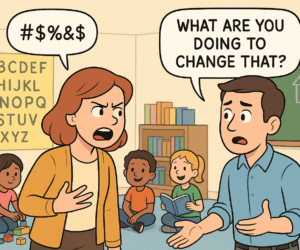
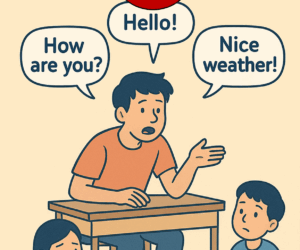
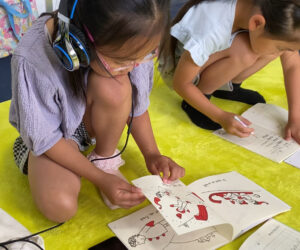


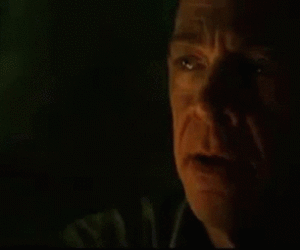
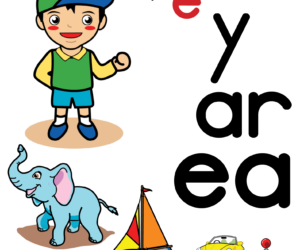
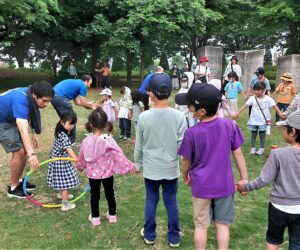
Alina, I’m having a proud parent moment right now. This is a very clear picture of the teacher you were when you started and the teacher you’ve become over such a short time. I admire that you are always reflecting on your lessons and exchanging ideas with other teachers. Something we could all do a little more of.
Oh, I’m blushing right now! Thank you, Melissa, and let’s not forget that I got here mostly because of you 🙂